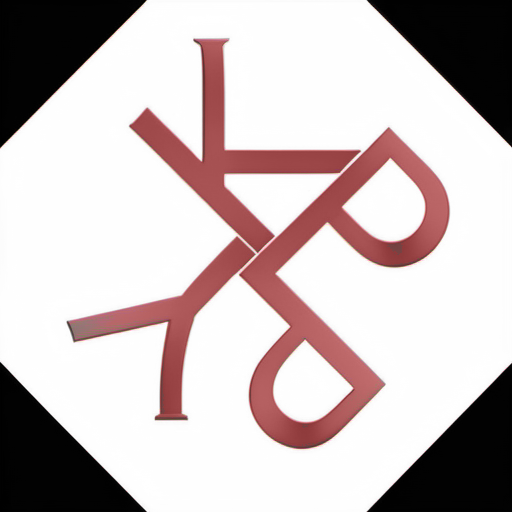KPPY 60

Nov. 09, 2013. 11:30am-5:30pm at KNU
| Schedule | ||
| 11:00am - 11:50 |
Alexander Stoimenow Keimyung University | On dual triangulations of surfaces |
| 12pm - 1:25 | Lunch | |
| 1:30 - 2:20 |
Hemanshu Kaul Illinois Institute of Technology | Finding Large Subgraphs |
| 2:30 - 3:20 |
Semin Oh Pusan National University | The number of ideals of $\mathbb{Z}[x]/(x^3-4x)$ with the given index. |
| 3:30 - 4:20 |
O-joung Kwon KAIST | Tree-like structure of distance-hereditary graphs |
| 4:30 - 5:20 |
| |
Abstracts
Alexander Stoimenow
On dual triangulations of surfaces
On dual triangulations of surfaces
The goal is to report on some long-term work on certain
combinatorial properties of knot/link diagrams of given
canonical genus. These turned out to have various ramifications
and applications, including (1) enumeration of alternating knots
by genus, (2) words in formal alphabets (Wicks forms), (3) graph
embedding problems on surfaces, (4) markings and the $sl_N$ graph
polynomial, (5) hyperbolic volume of polyhedra, graphs and links.
I will try to explain (at least as far as time allows) some
interrelations between these topics.
Hemanshu Kaul
Finding Large Subgraphs
Finding Large Subgraphs
The maximum subgraph problem for a fixed graph property $P$ asks: Given a graph $G$, find a subgraph $H$ of $G$ that satisfies property $P$ that has the maximum number of edges. Similarly, we can talk about maximum induced subgraph problem. The property $P$ can be planarity, acyclicity, bipartiteness, etc.
We will discuss some old and new problems of this flavor, focusing on the algorithmic aspects of these problems. In particular, we will describe some old results on the maximum bipartite subgraph problem and some new results on the maximum series-parallel subgraph problem.
Semin Oh
The number of ideals of $\mathbb{Z}[x]/(x^3-4x)$ with the given index.
The number of ideals of $\mathbb{Z}[x]/(x^3-4x)$ with the given index.
Let $L$ be the ring $\mathbb{Z}[x]/(x^3-4x)$. Let $G$ be the quadrangle graph and let $A_G$ be the adjacency matrix of $G$. Then $x^3-4x$ is the minimal polynomial of $A_G$. Thus $L$ is the ring related to $G$.
Let $\Lambda$ be the subring of $\mathbb{Q}[x]/(x^3-4x)$ satisfying $\Lambda$ is isomorphic to $L$. In this talk, our aim is to obtain the Dirichlet series of the number of $\Lambda$-submodules of $L$. We applied Louis Solomon's works to this calculation by using computer program GAP. We will introduce how to calculate the Dirichlet series.
O-joung Kwon
Tree-like structure of distance-hereditary graphs
Tree-like structure of distance-hereditary graphs
In this talk, we will discuss distance-hereditary graphs.
Distance-hereditary graphs are exactly the graphs
preserving the distance between two vertices when taking any connected induced subgraph.
There are many characterizations of distance-hereditary graphs, one being that they have tree-like structure with respect to a certain "split" operation. However, there are few known theorems using this structure.
We provide the following, using the tree-like structure of distance-hereditary graphs.
1. A characterization of distance-hereditary graphs having linear rank-width at most k.
2. Two variants of Bouchet's Tree Theorem to cographs and diamond-free chordal graphs.
3. A test of local equivalent in distance-hereditary graphs.
This is joint work with Mamadou Kante and Isolde Idler.
